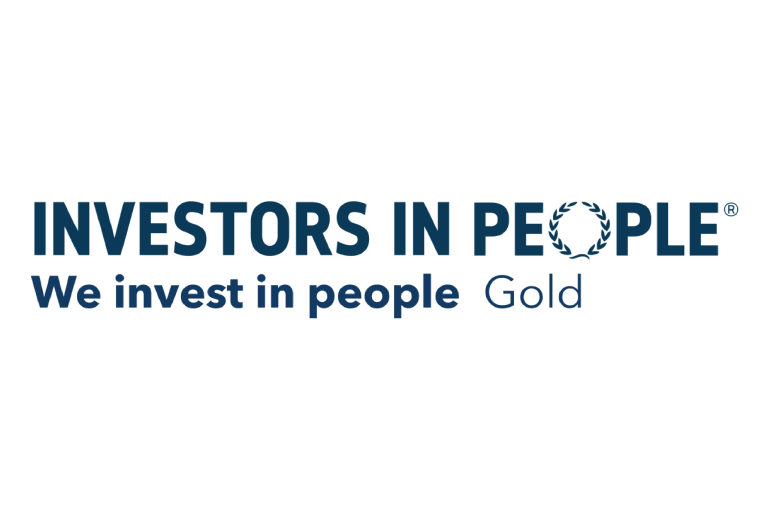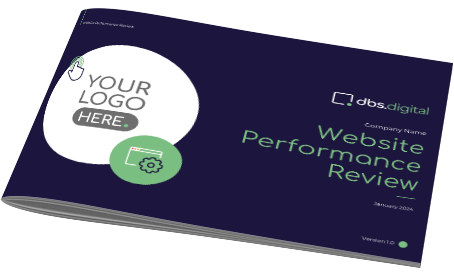When it comes to search engine optimisation (SEO), many business owners focus on content, keywords, and backlinks. While these elements are undoubtedly crucial, one often overlooked factor is website hosting. The quality of your hosting provider can significantly impact your site’s SEO and search rankings, affecting everything from loading speeds to security and uptime.
In this article, we’ll explore how website hosting plays a vital role in SEO and what you should consider when selecting a hosting provider for optimal search engine performance.
The connection between website hosting and SEO
Search engines like Google aim to provide users with the best possible experience. As a result, Google considers various factors – such as page speed, uptime, and security – when determining rankings. Your website hosting provider directly influences these factors, making it a crucial element of your SEO strategy.
Here’s how hosting impacts your SEO:
Website Speed and Performance
Page speed is one of the most important ranking factors for Google. Slow loading websites frustrate users, leading to high bounce rates and lower engagement levels. A slow website can also hurt your conversions and revenue. Hosting affects website speed in several ways:
- Server response time: the time it takes for your server to respond to a request impacts page speed.
- Bandwidth and resources: shared hosting plans may struggle with high traffic, leading to slow speeds
- CDN (Content Delivery Network): some hosting providers offer built in CDN solutions to speed up global content delivery
A fast and well optimised hosting provider ensures that your site loads quickly, keeping visitors engaged and improving SEO rankings.
Uptime and Downtime
Search engines prioritise reliable websites. If your site frequently goes down due to server issues, Google may penalise it, lowering its rankings. Hosting providers with a poor track record of uptime can hurt your business in several ways:
- Lost traffic: every second your site is down means potential customers can’t access your content
- Search Engine Crawling Issues: If search engine bots encounter an unavailable website, it may impact your indexing and ranking
- Customer Trust: frequent downtime damages credibility and reduces trust in your brand
A good hosting provider guarantees at least 99.9% uptime, ensuring that your site remains accessible to users and search engines.
Security and HTTPS Encryption
Google places a high priority on security. Sites without proper security measures may be flagged as unsafe, negatively impacting their rankings. Hosting affects website security in the following ways:
- SSL Certificates: HTTPS encryption is a ranking factor. A good hosting provider offers free SSL certificates to secure data transmission
- DDoS Protection: Hosting services with built in protection help prevent cyberattacks
- Regular backups: a reliable hosting provider ensures automatic backups, preventing data loss in case of hacking incidents
A secure hosting environment not only protects your website but also enhances its reputation and ranking on Google.
Server Location and SEO
The physical location of your hosting server affects loading speeds and local SEO rankings. If your target audience is primarily in the US, hosting your site on a server located in Europe could lead to slower response times. Factors to consider include:
- Geo-targeting: search engines consider server location when ranking sites for specific regions
- Content Delivery Networks (CDNs) CDNs can help distribute content efficiently, regardless of server location
- Latency issues: the further away your server is from users, the slower the loading times
For better local SEO, choose a hosting provider with data centres close to your target audience or use a CDN to optimise content delivery
Scalability and Resource Allocation
As your website grows, so will its traffic. A hosting provider that cannot accommodate traffic spikes may cause performance issues, leading to lose visitors and SEO penalties. A good hosting service should offer:
- Scalability: the ability to upgrade resources easily as traffic increases
- Dedicated or VPS hosting: more resources and faster load times than shared hosting
- Load balancing: ensures consistent performance even during high traffic periods
Opting for a scalable hosting solution allows your website to grow without experiencing technical issues that could harm rankings.
Mobile Friendliness and hosting optimisation
With Google’s mobile first indexing, websites must be optimised for mobile devices. Hosting impacts mobile performance in the following ways:
- Responsive design support: some hosting providers offer optimised environments for mobile friendly themes
- Caching and speed optimisation: faster sever response ensures smooth performance on mobile devices
- AMP (Accelerated Mobile Pages) Support: Some hosting services provide one click AMP integration to enhance mobile experiences
Ensuring mobile friendly hosting can improve rankings and user experience across devices.
Customer Support and Technical Assistance
Technical issues can arise at any time. A hosting provider with poor customer support can leave your website vulnerable to extended downtime and security threats. Features to look for include:
- 24/7 support: immediate assistance for any hosting related issues
- Technical expertise: knowledgeable support teams can optimise site performance
- Automated maintenance: some hosting providers handle updates, backups and security patches automatically
A hosting provider with excellent support ensures your website remains online and fully optimised for SEO success.
Choosing the right hosting provider for SEO
Selecting the right hosting provider is crucial for maintaining strong search rankings. Here’s what to consider:
- Performance and speed: look for SSD storage, CDN integration, and high speed servers
- Uptime Guarantee: Choose providers that offer at least 99.9% uptime
- Security features: ensure they provide SSL certificates, firewalls, and backup solutions
- Server location: select a provider with data centres close to your target audience
- Scalability: ensure that upgrading resources is easy as your website grows
- Customer Support: Reliable and responsive support is essential for troubleshooting
Final Thoughts
Website hosting is more than just a place to store your website- it plays a critical role in your SEO performance. From page speed and security to uptime and scalability, the right hosting provider can enhance your site’s rankings, visibility and overall user experience.
If you want to stay competitive in search engine rankings, investing in high quality hosting service is non-negotiable. Choose a reliable provider that offers fast speeds, strong security, and excellent support to ensure your website remains accessible and optimised for search engines.









